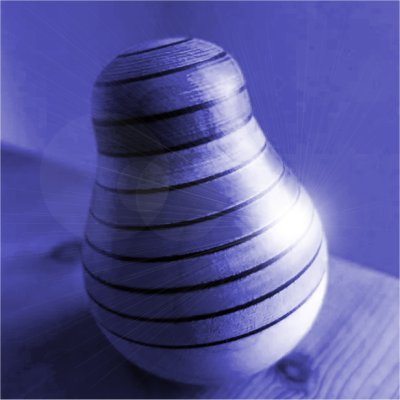
Over the past couple of years, some new words have emerged to describe the global difficulties that human societies face. There is “Permacrisis”, which was the Collins Dictionary word of the year for 2022 and is defined by them as “An extended period of instability and insecurity”, followed by “Polycrisis”, which came out of the World Economic Forum in 2023. Polycrisis is defined as, “A cluster of related global risks with compounding effects, where the overall impact exceeds the sum of each part”. Polycrisis is also a useful way of understanding the interrelated complexity of how we might tackle these challenges. There’s no escaping the difficulties that human societies are going through, from recent terrible geopolitical conflicts, and economic uncertainty to the climate crisis. When all of this is combined with personal difficulties that we may be going through, it’s no wonder we sometimes experience mental and emotional turbulence that unsettles our stability and balance.
Although stability and balance are related, there are subtle differences. Stability is about being grounded, still, and connected, so we are more resilient to the push and pull of events. Balance is about maintaining equilibrium in our body, mind, and emotions. A tower crane on a construction site maintains its stability by being mounted on a large concrete base and is carefully balanced with a counterweight that is moved on the arm. Another example is a wobbly toy with a weight in its round base, which rights itself when moved off balance.
Physical balance, which is often taken for granted, is maintained by the vestibular system in the inner ear and allows us to stand still and move without falling over. It’s interesting to observe how professional balancers, like tightrope walkers, or surfers, achieve what looks like a smooth and unwavering skill. But when you look closely at how they maintain their balance, they’re making a lot of very small micro-adjustments, as they skilfully respond to feedback in the moment. You can try this at home by balancing on one leg for a minute. You’ll notice that your body is almost constantly adjusting to maintain balance. We tend to lose our balance when we sense a movement in one direction and over-compensate in the other.
Share on
